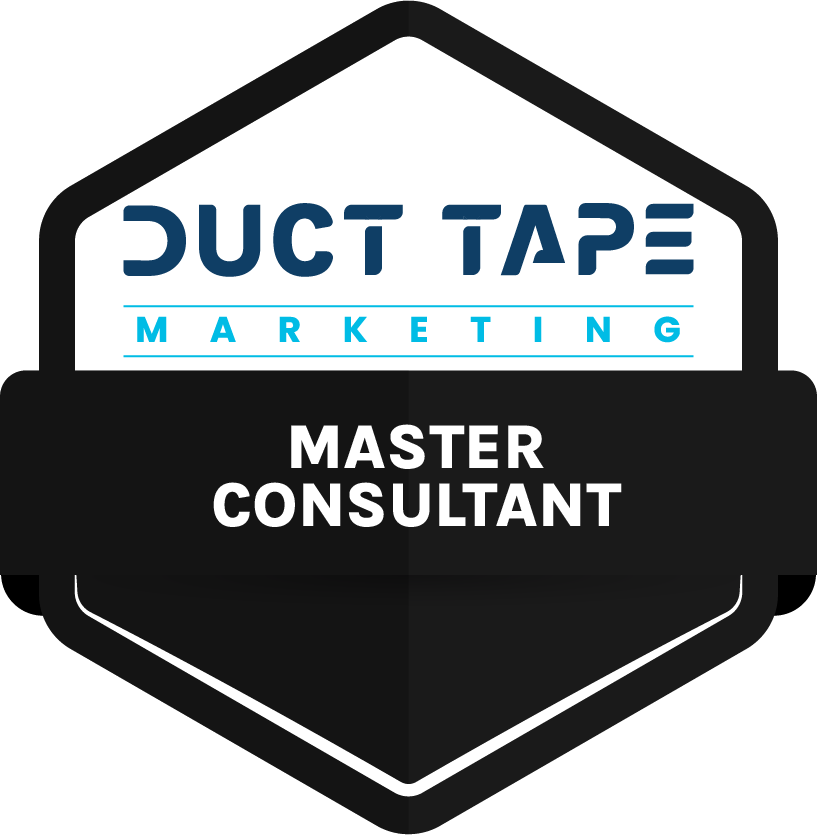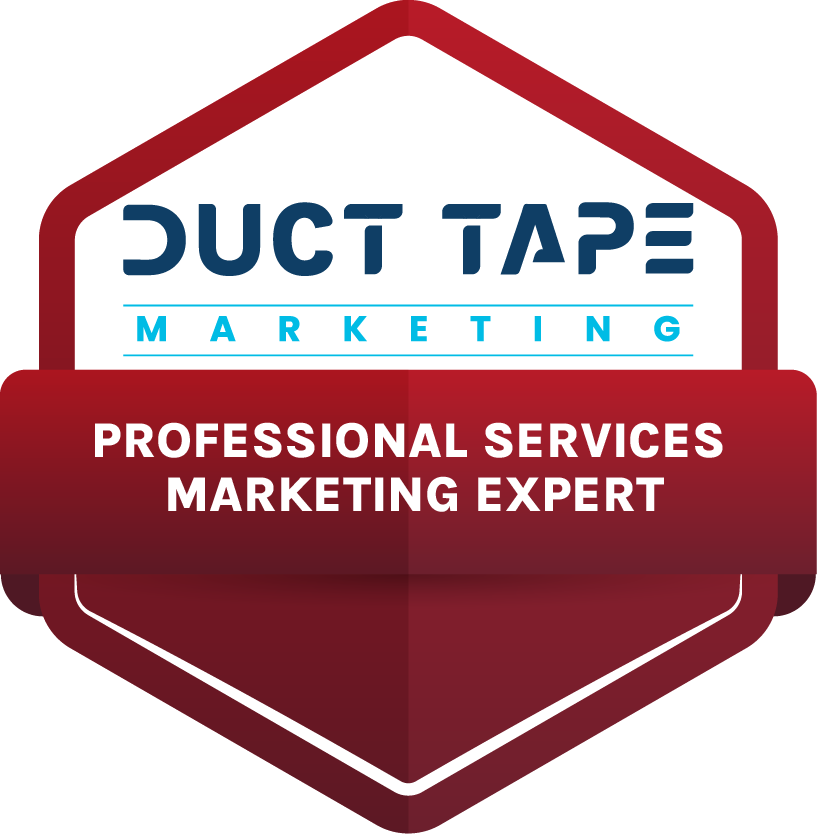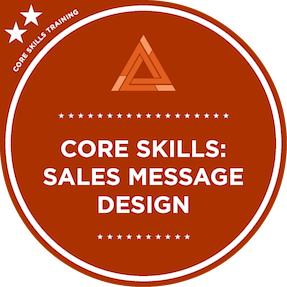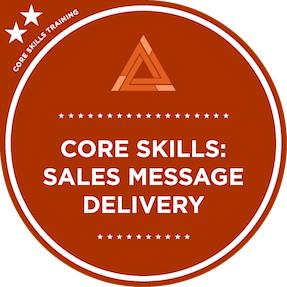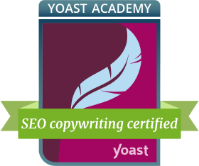![iStock_000001682725XSmall[1] Let testimonials sell for you](/content/uploads/2017/06/istock_000001682725xsmall1-1.jpg)
Who doesn’t like to receive positive feedback from customers?
Hearing “The website you developed gives us a tremendous professional presence. It’s exactly what we’d hoped for,” or “Your insight helped us solidify and fine tune our message for our marketplace,” can give you a tremendous boost and let you know you’re serving your customers well.
But don’t let glowing words such as these be forgotten or collect dust in your files. You can build trust with prospects by including detailed quotes or testimonials on your website, your company social media and sales presentations.
Testimonials can also build relationships with existing customers. Marketing Management magazine reported on a recent study that concluded consumers might strengthen their positive attitudes toward a brand through the act of writing testimonials. I agree: when I’ve run testimonials programs for my clients, their customers are usually pleased and honored that they have been asked for feedback.
I’ve developed testimonial programs for many different clients and offer these five tips if you want to use this tactic to enhance your marketing:
1. Use their words. Customers can use different words than you do when they talk about your products or services. Testimonials will be more authentic if you resist the impulse to over-edit what you get from customers so that it sounds “right” to your ears.
2. Build on casual feedback. Some of the best testimonials can be built by expanding on unsolicited comments you get via email. For example, an IT consulting client of mine received an email that said, “You saved the day!” After interviewing the customer, we expanded on that comment to develop a testimonial that showed how and why my client was so effective.
3. Ask permission to quote. Though your customers may have wonderful things to say about you, they may not want to see their name, title, and company in print. This is especially true for corporate clients who are often required to get approval from several layers of management and often can’t get it at all. One solution is to ask for permission to use their first name, last initial, title and company type. For example, an attribution could read, “Patricia B, vice president, research, Fortune 50 consumer products company.”
4. Ask the right questions. The key to effective testimonials is to get beyond “You did a great job!” and illustrate how you solved your customer’s problem or enhanced their experience. By asking detailed questions, you can uncover what really worked and what was meaningful to them.
5. Consider developing case studies. As you talk to your customers, you may find that their experience with your product or service warrants more in-depth coverage. Consider collaborating with a few of these customers to develop case studies, which are typically of great interest to prospects.
For examples of testimonials, see ours and the ones we developed for our client KRS CPAs. For examples of the PAR (Problem – Approach – Results) approach to developing case studies, see the Advantage Marketing case studies.

